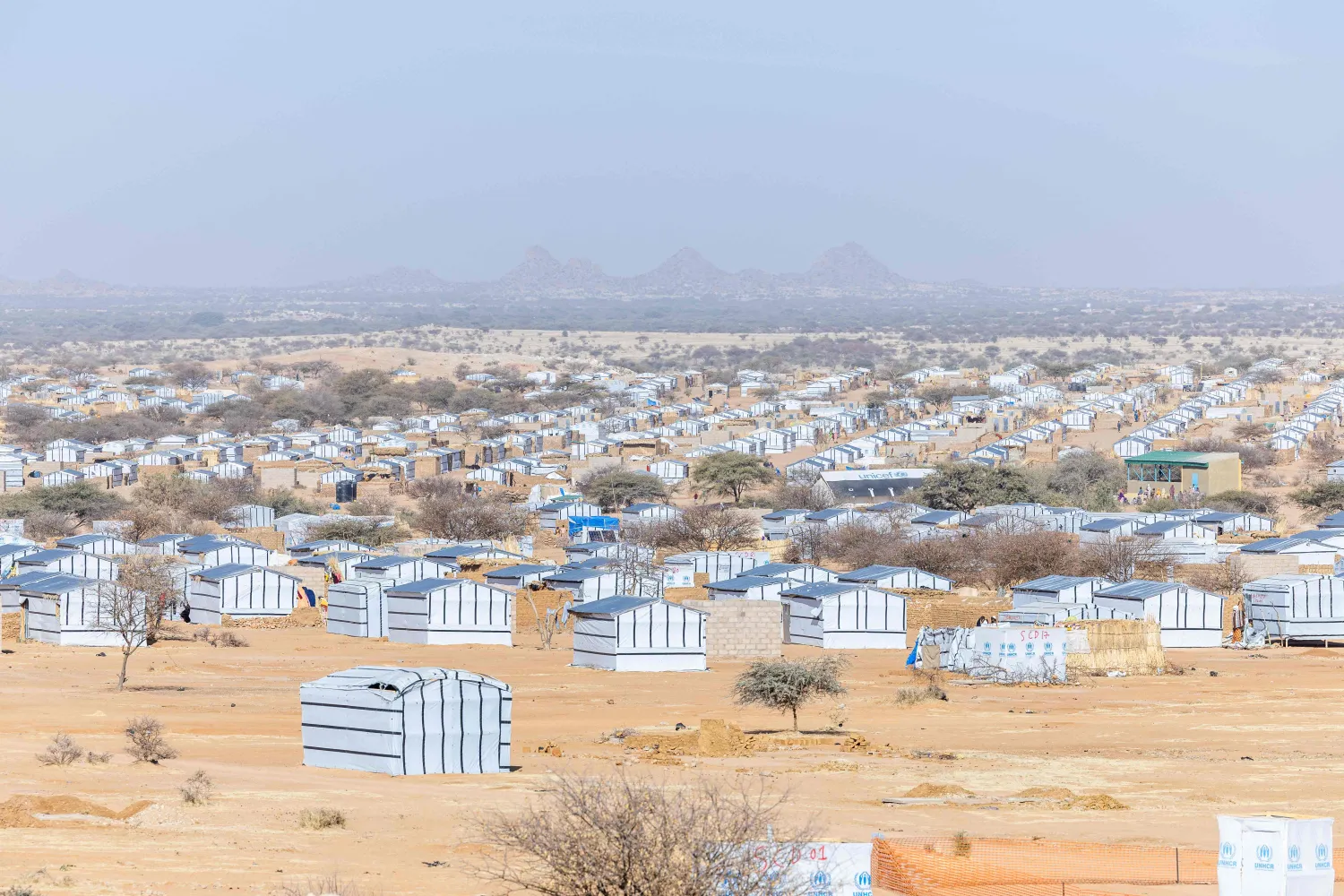Saudi Minister of Defense Prince Khalid bin Salman bin Abdulaziz has visited the headquarters of BAE Systems in the British city of Wharton during his visit to the United Kingdom, the Saudi Press Agency reported.
Upon his arrival at the company's headquarters, he was received by the Chief of Air Staff of Britain's Royal Air Force, Air Chief Marshal Sir Mike Wigston, the British Military Attaché to Saudi Arabia, Brigadier Jimmy Piggott, and BAE Systems CEO Dr. Charles Woodburn, SPA said Tuesday.
The Saudi Defense Minister was briefed on the superior capabilities of the Typhoon aircraft and its combat systems, and on the company's future plans and strategies, including the program for future combat air capabilities, the development of air systems, and ways to strengthen the existing partnership between it and the Saudi Armed Forces.
During the partnership that spans more than 50 years, there has been successes in the fields of transferring technology and expertise to Saudi Arabia, and cooperation with the Saudi industrial sector, SPA said.
These efforts culminated in assembling the first jet training aircraft, in addition to manufacturing some of its parts in the Kingdom, which will contribute to achieving one of the most important goals of Vision 2030 on the localization of military industries.
The Minister of Defense also visited the company's aviation systems development and design site, and was briefed on a number of models of Typhoon aircraft and modern systems used in aviation.
Saudi Ambassador to the UK Prince Khalid bin Bandar bin Sultan bin Abdulaziz, the Chief of the General Staff, Lieutenant General Fayyadh bin Hamed Al-Ruwaili, and a number of officials accompanied the Defense Minister on his visit.









